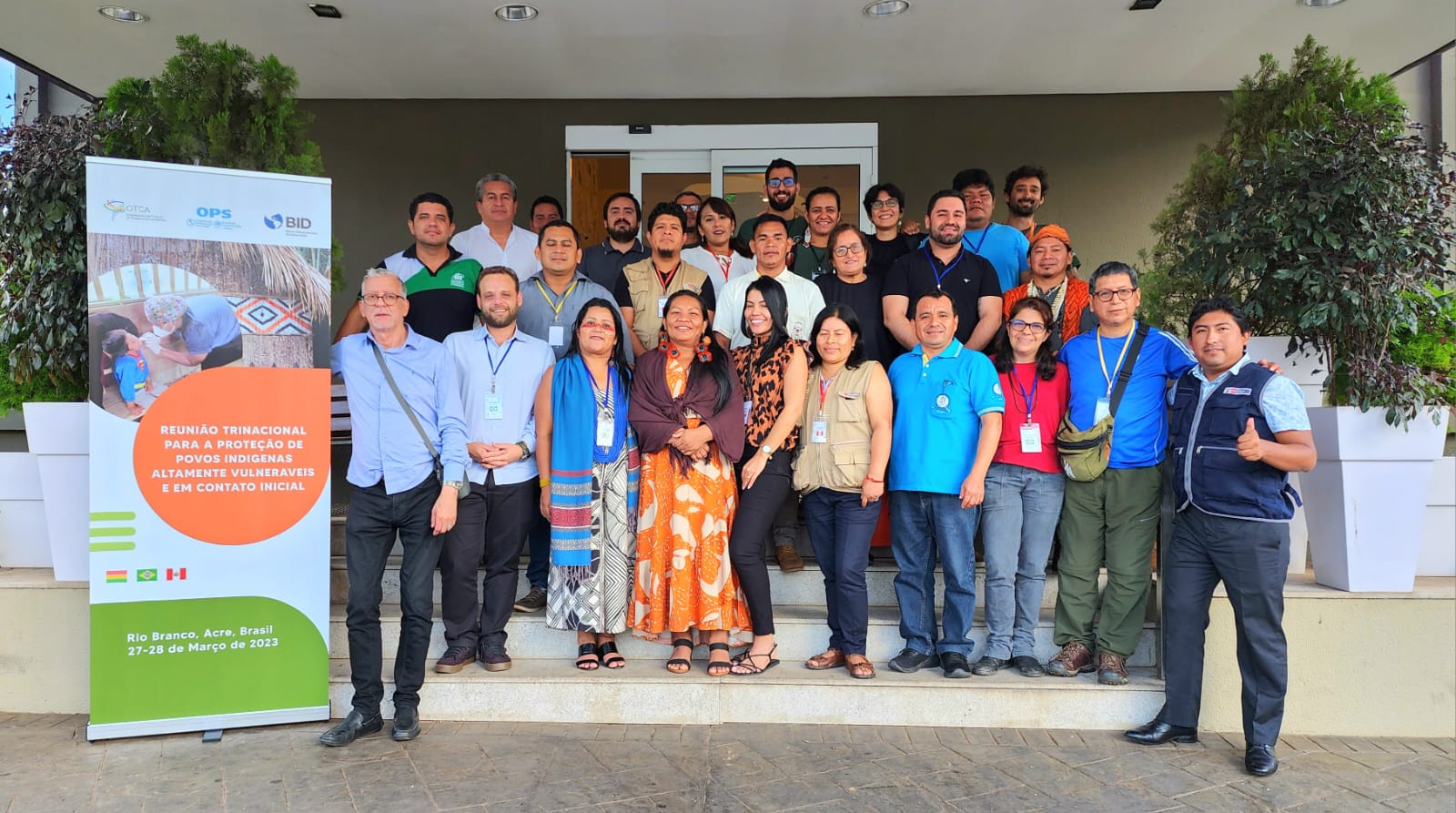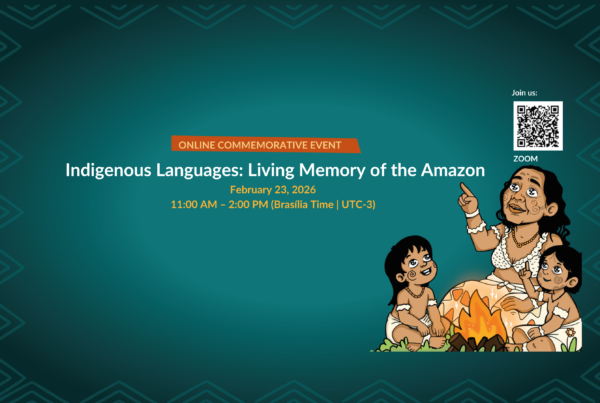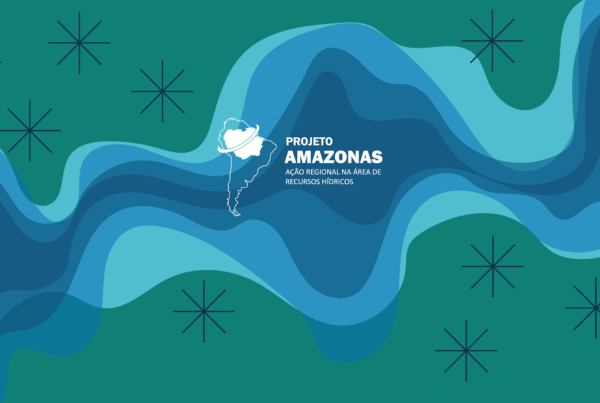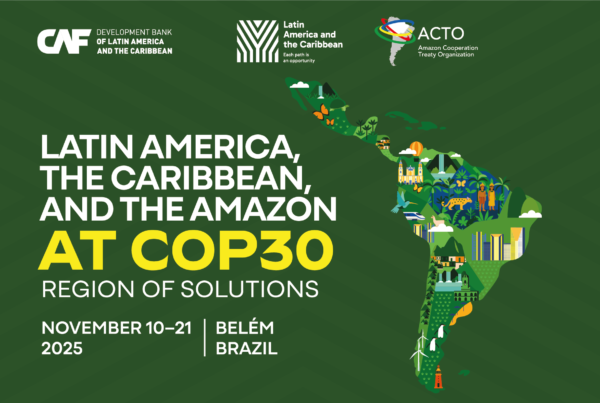The Amazon Cooperation Treaty Organization (ACTO) executed the Trinational Meeting Peru, Brazil, and Bolivia, where they defined actions benefitting the health of the population and indigenous peoples from the triple border region, in the Amazon region particularly.
This meeting carried out on March 27 and 28 in Rio Branco, Acre, reunited representatives of local and national governors, indigenous organizations, and civil society of the three countries and took place within the framework of Technical Mission to Rio Branco and Indigenous Land of Mamoadate (Acre, Brazil) from the Project of Contingency Plans for Health Protection of Highly Vulnerable Indigenous Peoples and Initial Contact.
During the two days of the meeting, the participants discussed the problems, threats, and difficulties indigenous peoples encounter in the border region. Also, they presented the interinstitutional cooperation actions to guarantee the continuity of health care in these communities in the triple border region.
On the last day, the representatives of Peru, Brazil, and Bolivia elaborated a document of recommendations and conclusions for the territorial protection and health care for indigenous communities in the region.
Regarding the territorial protection area, they recommended establishing agreements among the bordering countries of Madre de Dios, Acre, and Pando to maintain an articulated work in the protection of the indigenous peoples in voluntary isolation and initial contact, along with the development of an annual agenda for territorial protection of the indigenous peoples in voluntary isolation and initial contact among border regions, as well as encouraging experience exchanging forums among the governmental agencies, indigenous organizations, and civil society in the border regions.
Also, they concluded that it is important to strengthen the communication systems and early alert systems of threats and contingency for the Indigenous Peoples in Voluntary Isolation and to promote partnerships between the regions to combat illegal activities (drug trafficking, mining, logging) in the territories of indigenous peoples in voluntary isolation and initial contact and indigenous community environments.
Moreover, the participants defined that it is necessary to promote protocols of consultation and socialization regarding protecting indigenous peoples in voluntary isolation and initial contact with local elements and build alliances to develop environmental studies regarding water pollution by mercury in lands and indigenous territories.
Lastly, they suggested the development of binational and tri-national contingency plans for border regions, based on Situational Analysis of Health and recommendations for the Project Contingency plans for health protection of highly vulnerable Indigenous Peoples and Initial Contact developed by ACTO, with the participation of the representatives of indigenous communities, and their local organizations and authorities.
For the topic of territorial protection, the group was composed of the Ministry of Culture (Peru), Indian National Foundation (FUNAI Brazil), Native Federation of Madre de Dios and Tributaries (FENAMAD), Pro-Indio Commission (CPI-Acre), MAPPHA Association, Central Indigenous Peoples of the Amazonian Pando (CIPOAP), and civil society organizations.
In terms of health, the participants recommended developing a diagnostic to reach the maximum series of vaccination in indigenous communities by countries, intending to maintain the vaccination coverage up to 90%, and conducting the Contingency Plan Indigenous Peoples in Voluntary Isolation and Initial Contact on health with the participation of the indigenous representatives and local authorities.
Furthermore, the exchange of public information regarding health with emphasis on the indigenous peoples and subsidized health information to Amazon Regional Observatory (ARO) will be promoted.
Among the final recommendations, there are the execution of simultaneous activities on health care in the border areas and surrounding areas of the territories of the indigenous peoples in voluntary isolation and initial contact and the prioritization of the formation and strengthening of health personnel and community workers in respect to the health care with an intercultural approach.
The Ministry of Health-Regional Health Directorate of Madre de Dios, the Ministry of Culture (Perú), the Departmental Health Service (SEDES-Pando, Bolivia), FUNAI, SESAI, DSEI-Alto Rio Purús (Brazil), civil society organizations (OPI, CPI-Acre) and the Pan American Health Organization (Bolivia) participated in the group.



